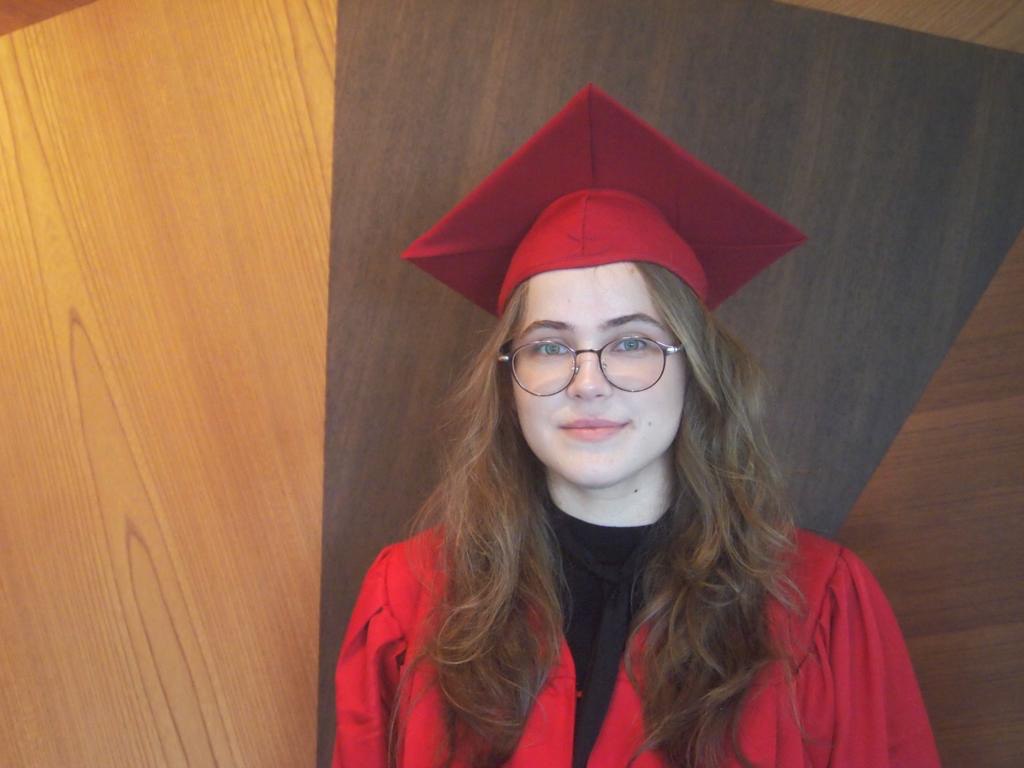Previous studies relating to barriers to inclusion in higher education in the context of disability and assessment lack a critical approach to understanding why inclusion and diversity campaigns at institutions do not ensure the integration of students with disabilities (Nieminen, 2022e). The proposed research will contribute to critical debates over the role of assessment in inclusive experiences and will evaluate its impact on the systemic inequality and exclusion of students with disabilities. The contextual standpoint is that common and re-current social, political, and cultural understandings of assessment have perpetuated institutional conceptions of academic standards and expectations of learning abilities. Thus, assessment practices supposedly reinforce stigmatisation of students who do not meet the established criteria of ‘an able student’. The project will seek to answer the following question: What role does assessment play in creating barriers to a fully inclusive learning environment for students with disabilities in a higher education context? It will follow a participatory research design to have an impact on the social system underlying assessment experiences and will empower participants as researchers. By drawing upon the conceptual frameworks of inclusive assessment and learning, fair/just assessment, theories of ableism/disablism and epistemic injustice, the study examines critically how assessment designs support the conception of normalcy and promote the idea of academic standards based on ablebodied/minded privilege.

